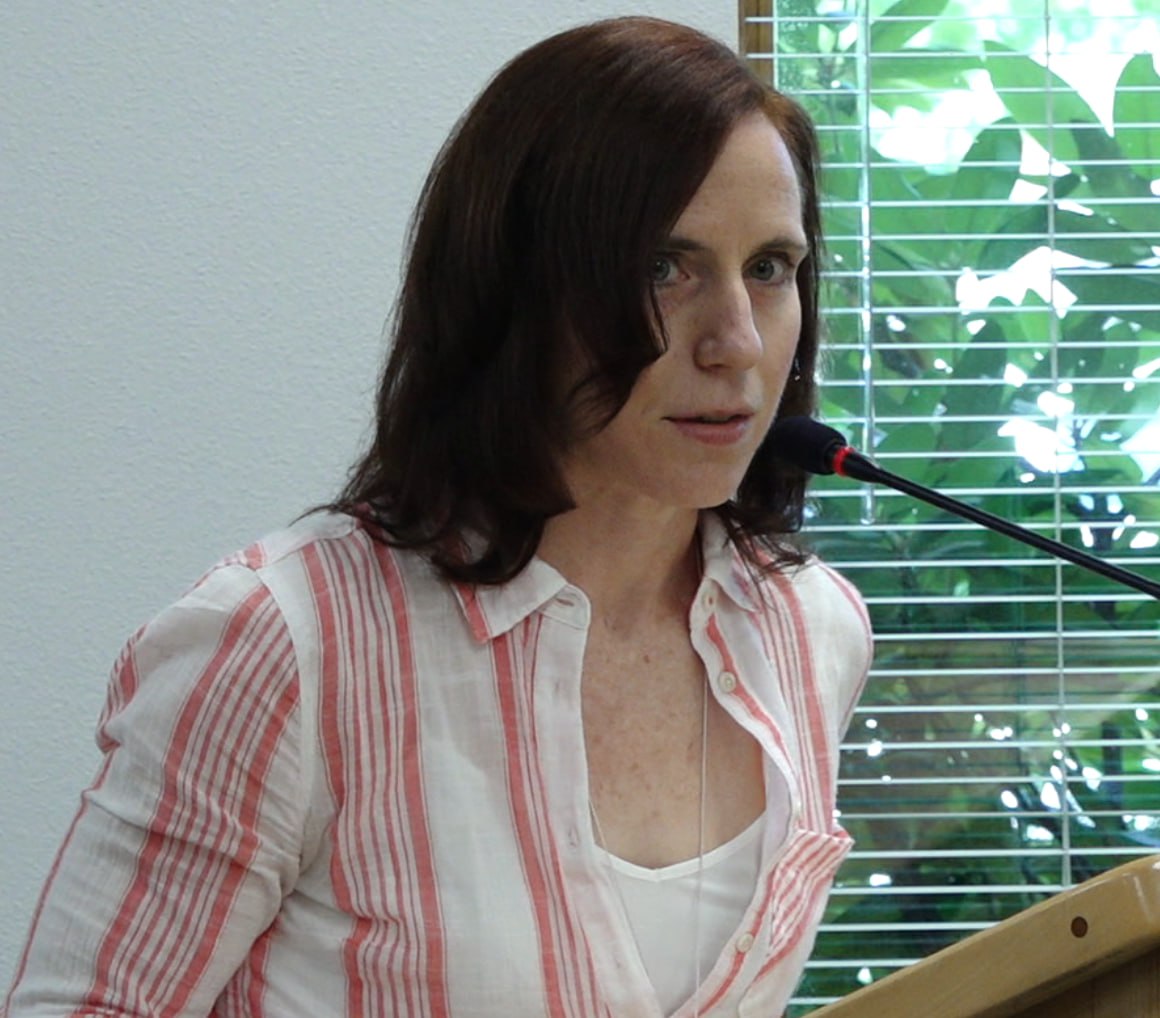Keep Right – Column by Ralph K. Ginorio
Like farmers after bringing in a successful harvest, teachers like me take great satisfaction in having helped convey something of value to another cohort of students. Unfortunately, any genuine teacher must temper our sense of satisfaction with a growing sense of alarm. While many of us are still able to authentically practice our vocation, such opportunities are made increasingly in despite of the the educational establishment and not because of it.
This education establishment consists of pedagogical philosophers, psychologists, social scientists, collegiate teacher certification programs, state school bureaucracies, and the credulous legislators who have empowered all of them. Together with their disciples in countless school districts, these experts constitute a governing consensus that determines what is thought possible for schools
Many innovators who have creative insights on how we can improve teaching and learning do not belong to this establishment. But all of them have to cooperate with this set of experts if they wish to turn their ideals into practical reality.
Remember that these are the very same professionals who have led schools to their current sorry state. This is why, no matter how earnestly reformers pursue solutions, nothing in our school systems really ever improves.
It is as if a restauranteur who was eager to replace his Breakfast Diner with an upscale Italian Bistro had given all of his new recipes to the very same short order cooks who had always hurled hash in his greasy spoon’s kitchen. Without new chefs, the new food will be of the same old quality.
Members of this educational establishment have precious little to do with teaching actual students. They are like architects who craft unprecedented utopian concepts into new models of building design while never dirtying their own hands by digging earth with a shovel.
Consider the fruits of over a half century of schools dominated by this establishment’s ideas:
Certified Teachers v. Expert Teachers: Instead of attracting experts from other fields to become teachers, certification requirements bar people with real world experience from classrooms.
Certification Programs v. Apprenticeships: Instead of focusing on giving would be teachers actual classroom experience, years are wasted in the fruitless study of pseudo-scientific education theories.
Deconstructing v. Acculturating: Instead of inviting young people to become productive members of our society, students are being propagandized to hate and overthrow it.
Multiculturalism v. The Melting Pot: Instead of bringing the children of immigrants from all over the world into our shared mainstream American variant of Western Civilization, students are taught to take pride only in their cultural separateness and to disdain those who embrace the mainstream.
Theory v. Practical Experience: Instead of prizing diverse, real world experiences, teachers and students are encouraged to instead value abstract and utopian theory.
Data Driven Planning v. Practical Management: Instead of focusing on managing school matters with a minimum of fuss, educational planning must increasingly be justified by reams of questionable social science data.
Visionary Administrators v. Empowered Expert Teachers: Instead of encouraging expert teachers to design their best lessons, power is being shifted to school and district administrators to bring all whom they control into conformity with their own ideals of perfection.
The Common Core (by any other name) v. Local Control: Instead of maintaining our American tradition of local autonomy, all school curricula are increasingly dictated by central authorities like the Federal Department of Education and the Advanced Placement Programs’ College Board.
Collaborative Learning v. Lecture: Instead of teachers imparting knowledge effectively through direct instruction, increasingly indirect means intended to “trick” unmotivated students into learning are being mandated.
Social and Emotional Learning v. Discipline: Instead of preparing young people for the rigors of independent adult life and employment by enforcing strict but reasonable behavior standards, students are coddled and infantilized in order to avoid conflict and perpetuate their dependency.
Student-Run Classrooms v. Teacher Directed Classrooms: Instead of working with teachers to ensure that classrooms are effective places of instruction, administrators increasingly undermine hierarchy in favor of some effigy of democracy where the most aggressive students set the tone.
Student Centered Assessments v. Formal Objective Testing: Instead of directly testing a student’s understanding of the material in a manner that is authentic to the lessons, assessment is being altered to match various individual student “learning styles.”
Common Assessments v. Teacher Produced Tests: Instead of expert teachers crafting tests that optimally match the instruction about the curriculum that was actually delivered, teachers are being grouped to come up with lowest common denominator tests that match the material about which the group can agree.
Group Projects v. Individual Achievement: Instead of allowing students to clearly demonstrate individual excellence, students are forced into situations where group dynamics dictate quality.
Heterogeneous Grouping v. Self Tracking or Ability Tracking: Instead of teaching students who have similar interests and abilities, teachers and students are being forced into classrooms where both the most dedicated scholars and the most unmotivated troublemakers are taught simultaneously. It is impossible for a teacher to be all things to all kinds of students at the same time.
Open Classrooms v. Compartmentalized Classrooms: Instead of establishing separate and distinct learning areas for different topics to be taught without mutual interference, many schools have broken down barriers to create a chaotic and cacophonous common learning zone.
Diversity, Equity, and Inclusion v. Meritocracy: Instead of inspiring all students of every background to be ambitious and learn to earn success, students are being told that, because of their birth characteristics, they have no hope of succeeding on their own merits. This is one of the most poisonous things that a jaded adult can say to an innocent child.
Teacher’s Unions v. Accountable Teachers: Instead of teachers being accountable for their practices and success with students, Teacher’s Unions and School Boards negotiate contracts and remedial actions against incompetent teachers collectively. Good teachers should be rewarded, and bad teachers should be fired.
Test Scores v. The Well-Rounded Student: Instead of encouraging the development of the student as a whole human being, student success has been increasingly determined solely by standardized test scores ever since the “No Child Left Behind” law was passed in 2002.
Central Coordinators v. Expert Teacher Autonomy: Instead of permitting teachers who are experts in their field to design and teach courses under administrative and board oversight, central direction is forcing compliance with someone else’s master plan.
Special Needs Focus v. General Education Focus: Instead of focusing most of our energy on meeting the needs of most of our students, mainline educators are increasingly forced to spend most of our effort on small groups of students with extraordinary needs.
Unrestrained Technophilia v. Building Personal Skills: Instead of developing a student’s capacities to effectively function while unplugged, schools mandate the use of ever more intrusive technologies.
Social Sciences v. History: In my own personal field of endeavor, instead of focusing on the history of our shared Western Civilization we now provide a shallow and superficial survey of Global Studies and the Social Sciences.
Indoctrination v. Education: All of this leads to students being taught what to believe more than how to reason out their own personal conclusions.
The only way to fix broken schools is to utterly replace them with new schools, built from the ground up by people who are not tainted by the arrogance and errors of the current educational establishment. Eliminate the programs and professionals that have taken schools so off mission, and invite a new set of educators to experiment with reforming almost everything in schools.
Let the Charter School movement be our guide, and allow parents and students to freely choose between a variety of school models. We can do this!







